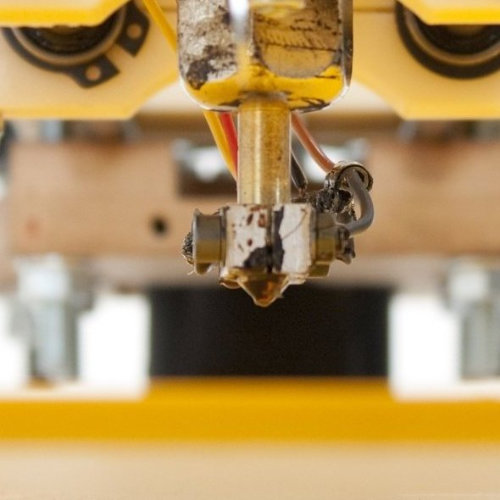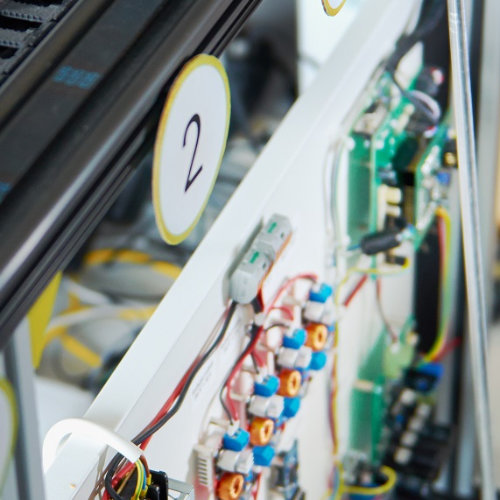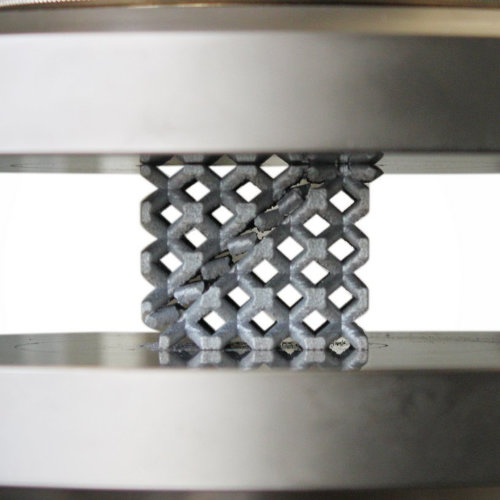Mechanical engineering must respond to the need for processing hard-to-machine and hard-to-form materials, as well as for producing heavy and large machinery or technological units with increased precision and fully automated operation and control. The demands for high quality and functionality of final surfaces are rising. Enhanced reliability is required, and machine uptime demands reach up to 97%. Another factor is the demand for versatility and multifunctionality of components, machines, and devices. New technical means are required to improve precision, reduce production costs, enable diagnostics, predictive maintenance, maximum modularity, consolidation of manufacturing operations, reduction of energy consumption, minimization of operator requirements, all while simultaneously increasing production reliability.
Development is essential in the field of high-performance processing of lightweight titanium alloys and composite materials, improving the precision of compliant part production, and automating the search for stable and high-performance technological parameters. New requirements for surface quality and integrity are emerging. Development needs are also identified in increasing the precision of manufacturing very large parts, enhancing the efficiency and economy of processing both conventional and unconventional materials, improving long-term operational precision, and meeting high demands for maximum thermal stability.
In terms of operation, key demands include advanced monitoring, diagnostics, and analysis of the condition of components, machines, devices, or the entire production process. Increasing demands are also placed on integrated automation and operational safety of machinery for operators. Rapid development is occurring in virtual prototyping tools, verified tools for simulations, and operational optimizations of components, machines, devices, and processes to enable predictive maintenance, fault prevention, or “learning.” From relatively isolated processes, various industries are gradually transitioning to integrated solutions connected to cloud applications. The integration of the Internet of Things (IoT), services, and people (IoP) generates significant data volumes that can be utilized for the analysis and optimization of mechanical systems. From the perspective of technological challenges, the development of Cyber-Physical Systems (CPS) appears crucial, enabling greater digitization and the use of digital twins with potential in autonomous methods, self-diagnostics, self-configuration, machine perception, and operator support.





